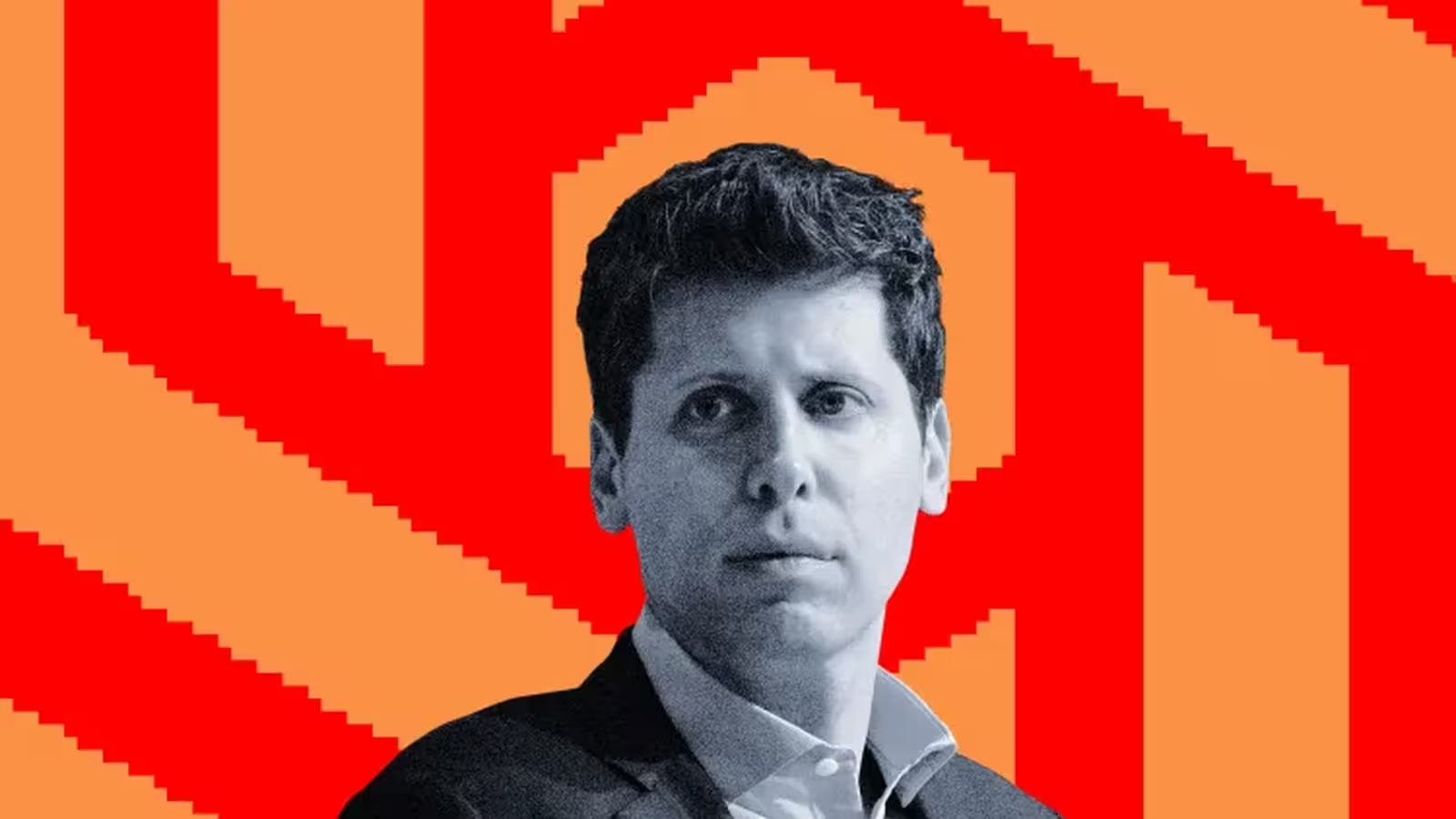4 Minutes
Sam Altman Brings 'io' Trademark Dispute Into the Spotlight
OpenAI has found itself in the middle of a high-profile trademark lawsuit over its anticipated AI hardware device, "io." The battle, which pits OpenAI CEO Sam Altman against Jason Rugolo, founder of the audio tech startup Iyo, has now spilled into public view, highlighting the intricate challenges of innovation, intellectual property, and competition in the artificial intelligence sector.
Inside the Email Trail: How the Dispute Began
Tensions began rising when Altman shared private email exchanges on X, revealing the lead-up to Iyo’s lawsuit against OpenAI. The correspondence seemed collegial at first, with Rugolo pitching Altman for a $10 million investment in his "AI-meets-audio" venture, iyO, which has been in development since 2018. Rugolo emphasized his goal of creating the "best possible hardware interface to interact with AI agents," reflecting the cutting edge of audio and AI-driven device innovation.
Altman declined, citing his own work on a competitive project. Rugolo then explored the possibility of collaborating, but Altman pointed to the involvement of renowned designer Jony Ive, who was steering OpenAI’s hardware ambitions after OpenAI acquired Ive’s AI hardware company for nearly $6.5 billion—a move that reshaped the AI hardware landscape.
Email Exchanges Intensify Post-io Announcement
By May, with OpenAI preparing to launch its "io" device, Rugolo expressed growing concerns about overlapping branding and product confusion. “I’m getting blown up on the names situation. I’m feeling a little vulnerable and exposed, David and Goliath style,” Rugolo wrote, seeking clarity on OpenAI’s intentions about partnership or acquisition.
OpenAI’s leadership, including VP of Product Peter Welinder, responded candidly, stating that "their device [Iyo’s] is very orthogonal to ours and doesn’t really work yet," effectively ending hopes of collaboration.
The Trademark Lawsuit: Legal Actions and Brand Risks
The legal dispute escalated when Iyo filed a trademark lawsuit on June 9. A temporary restraining order soon compelled OpenAI to remove all "io" branding from its website by June 22. OpenAI's hardware team maintained that their "io" product is not an in-ear device or wearable, distancing it from Iyo’s hearing technology in function and design.
Iyo’s legal complaint alleges that OpenAI and LoveFrom, Jony Ive’s design company, were aware of Iyo’s technology and brand since 2022, referencing past meetings and recruitment efforts—including attempts to bring on Evans Hankey (who later co-founded "io"). Iyo argues that proprietary information shared in these conversations played a role in OpenAI’s branding and device direction.
In a public post, Altman responded, describing Rugolo as "persistent" and labeling the lawsuit as "silly, disappointing, and wrong." This approach echoes OpenAI’s previous defense tactics, notably in its ongoing litigation with Elon Musk, where the company used disclosed email exchanges to bolster its case.
Product Features, Differences, and Market Relevance
Iyo vs. io: Comparing AI-Driven Hardware Devices
While details on the final "io" device remain limited due to ongoing legal proceedings, both Iyo and OpenAI tout innovations in AI-integrated audio technology. Rugolo’s startup, Iyo, positions itself as a pioneer at the intersection of hearing enhancement and artificial intelligence, aiming to redefine user interaction in the audio hardware ecosystem. In contrast, OpenAI is pushing boundaries with a product designed for broader AI agent interaction—though they stress a divergent approach from traditional "wearable" or "in-ear" devices.
Advantages and Use Cases
For industry observers, Iyo’s solution offers the promise of improved accessibility and hands-free AI engagement, targeting healthcare, consumer electronics, and smart device markets. OpenAI’s "io," particularly under Jony Ive’s design philosophy, is anticipated to deliver seamless AI-user interfaces, focusing on intuitive interactions and integration into everyday digital experiences.
Market Impact and Broader Relevance
The trademark battle highlights the stakes in the rapidly evolving AI hardware market. As artificial intelligence continues to influence product development, clear brand differentiation and IP protection are vital. The outcome could set precedents for how innovation, brand identity, and intellectual property intersect in the tech world, especially as investments and product announcements surge.
Looking Ahead: The Future of AI Hardware Innovation
Although forced to set aside the "io" branding for now, OpenAI remains committed to its hardware ambitions with Jony Ive at the helm. The ongoing legal clash underscores the competitive—and sometimes contentious—nature of technological advancement today.
As the case unfolds, the technology community is watching closely. Will Iyo’s claims hold up, or will OpenAI’s vision for AI-device interaction redefine the market? One thing remains clear: the competition to shape the future of smart audio and AI-powered hardware has only just begun.
Source: theverge



Comments